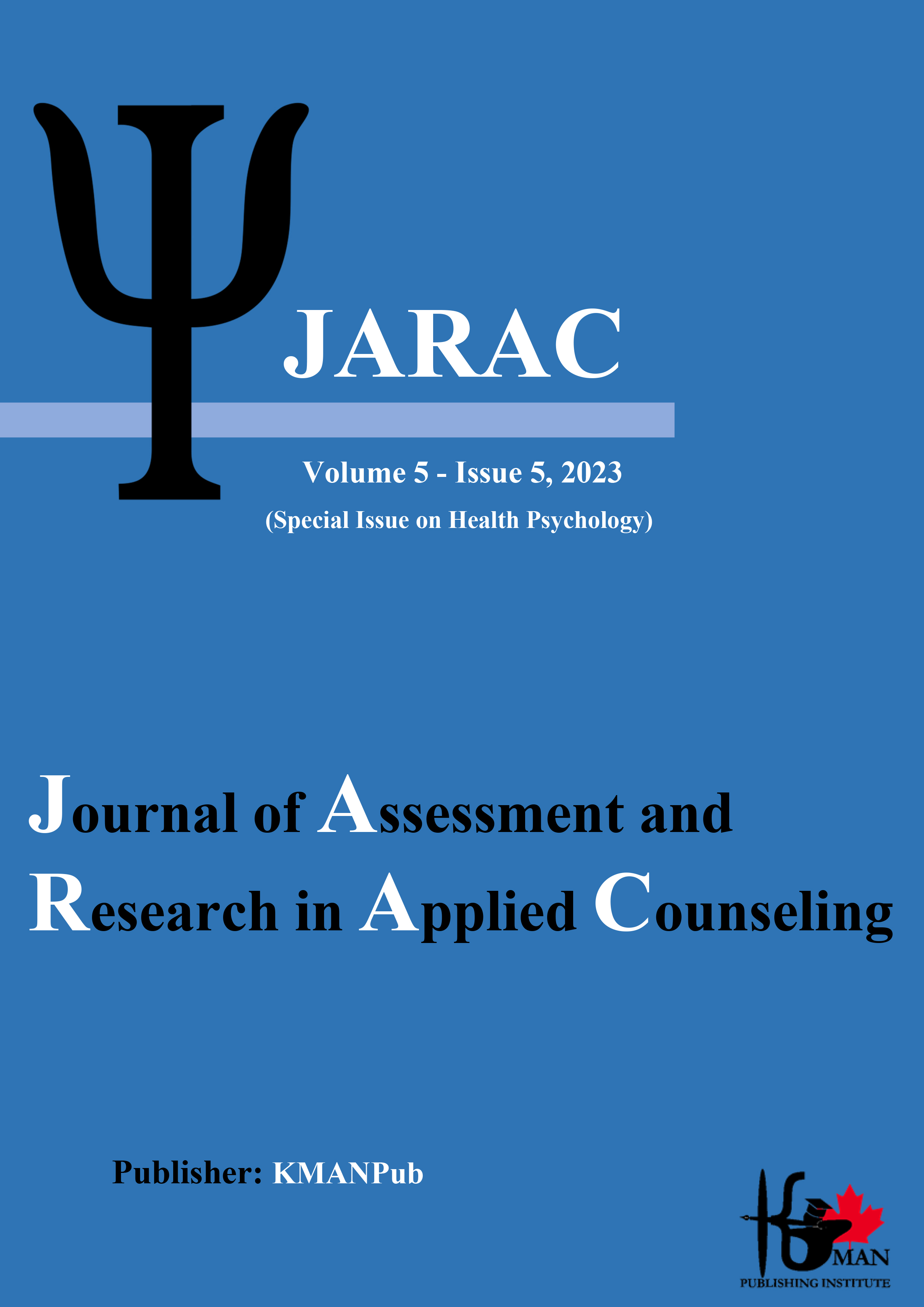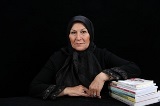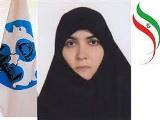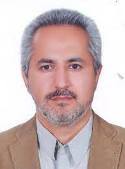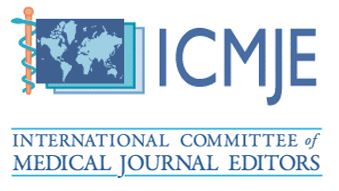Conceptualization of Psychological Restlessness in Order to Take Care of Psychological Health in Creative People
Abstract
Objective: The primary objective of this study is to explore and conceptualize the phenomenon of psychological restlessness in creative individuals and its impact on their mental health. The study aims to understand the interplay between creativity, emotional experiences, and cognitive processes, and to propose effective therapeutic interventions for addressing the unique challenges faced by creative personalities.
Methods and Materials: This research employs a qualitative analysis methodology, utilizing a comprehensive literature review as its main approach. The study systematically examines peer-reviewed articles, academic journals, and relevant publications focusing on creativity, psychological restlessness, mental health in creative individuals, and therapeutic interventions. The PRISMA (Preferred Reporting Items for Systematic Reviews and Meta-Analyses) method is used to ensure a thorough and unbiased collection and analysis of the literature.
Findings: The study reveals that psychological restlessness in creative individuals is a multifaceted phenomenon characterized by high cognitive perseverance, emotional complexity, and a unique set of psychological needs. It underscores the crucial role of emotional experiences and cognitive styles in the creative process. The findings suggest that psychological restlessness, often viewed negatively, can be harnessed to enhance creative expression and personal growth. The study also identifies the need for specialized therapeutic interventions tailored to the psychological landscape of creative individuals.
Conclusion: This research contributes to the understanding of the psychological dimensions of creativity, emphasizing the significance of psychological restlessness in the creative process. It challenges traditional views of this state as solely detrimental and opens new avenues for exploring its potential as a driver of creativity. The study highlights the importance of developing targeted therapeutic interventions and support systems to nurture the mental and emotional well-being of creative individuals, thereby enhancing their creative potential and overall quality of life.
Downloads
Downloads
Additional Files
Published
Issue
Section
License
Copyright (c) 2023 Zahra Torabi, Gholamali Afrooz , Saeed Akbari Zardkhaneh (Author)

This work is licensed under a Creative Commons Attribution-NonCommercial 4.0 International License.

